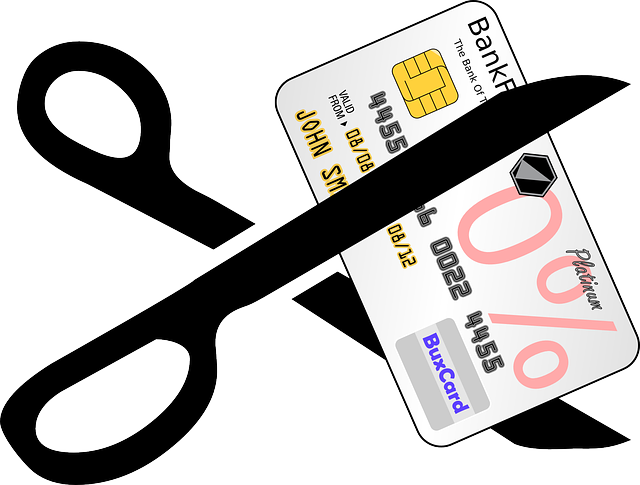Debt Consolidation Mortgages offer a strategic solution for managing multiple high-interest debts, simplifying repayment and reducing overall costs by combining several debts into one with a potentially lower interest rate. However, strict eligibility criteria including income stability, outstanding debts, consistent repayment ability, and a maximum loan-to-value ratio of 80% or less must be met due to the higher risk associated with low credit scores.
Struggling with multiple debts and high-interest rates? Debt consolidation mortgages could offer a solution. These loans allow borrowers with bad credit to combine various debts into one, simplifying repayment and potentially saving money on interest. However, eligibility criteria are strict due to the risks involved. In this article, we’ll break down the key requirements for accessing these loans, focusing on factors like credit score, debt-to-income ratio, and property equity, providing a comprehensive guide to understanding your options for Debt Consolidation Mortgages.
- Understanding Bad Credit Debt Consolidation Loans
- Eligibility Criteria for Debt Consolidation Mortgages
Understanding Bad Credit Debt Consolidation Loans
Bad credit debt consolidation loans are designed to help individuals who struggle with multiple high-interest debts, offering a potential solution for managing and reducing their financial burden. These loans allow borrowers to combine several debts into one single loan with a potentially lower interest rate, making repayment more manageable. Debt consolidation mortgages, in particular, involve using the equity in your home as collateral to secure the loan.
Understanding this option is crucial when navigating bad credit situations. While it may seem counterintuitive to take out another loan when dealing with debt, consolidation can simplify repayment terms and reduce overall interest costs. However, eligibility criteria for these loans are stringent due to the higher risk associated with borrowers with low credit scores. Lenders will assess factors such as income stability, outstanding debts, and the ability to make consistent repayments.
Eligibility Criteria for Debt Consolidation Mortgages
Debt Consolidation Mortgages are a popular option for individuals looking to streamline their debt, but they come with specific eligibility criteria. Lenders typically require applicants to have a significant equity stake in their property, usually expressed as a loan-to-value ratio (LTV) of 80% or less. This ensures that the lender has a viable collateral position in case of default. Additionally, a solid credit history and stable income are paramount; lenders assess these factors to gauge repayment ability.
The applicant’s debt-to-income (DTI) ratio is also considered. A lower DTI indicates better financial health and a higher likelihood of successful repayment, making it more favorable for mortgage approval. While there’s no strict credit score threshold, scores below 600 can significantly hinder approval chances. Lenders often look for consistent employment history and stable financial obligations to ensure borrowers can manage additional loan payments without strain.
Debt Consolidation Mortgages can be a viable option for individuals with bad credit looking to manage their debt. By understanding the eligibility criteria, borrowers can navigate the process more effectively. Key factors include a stable income, ability to make consistent payments, and a clear plan for debt repayment. With careful consideration and responsible financial management, Debt Consolidation Mortgages can help ease the burden of high-interest rates and multiple monthly payments, paving the way for a brighter financial future.
